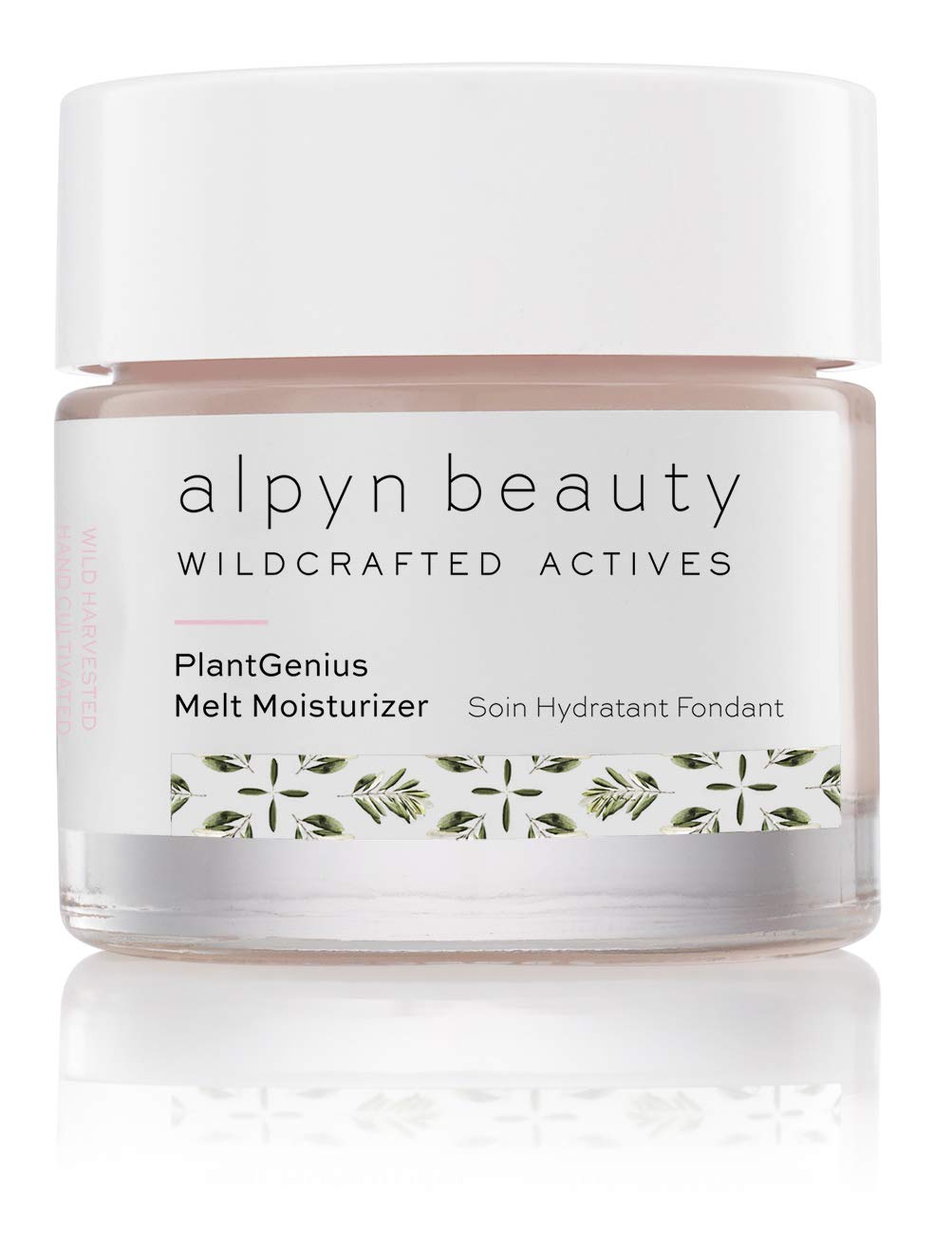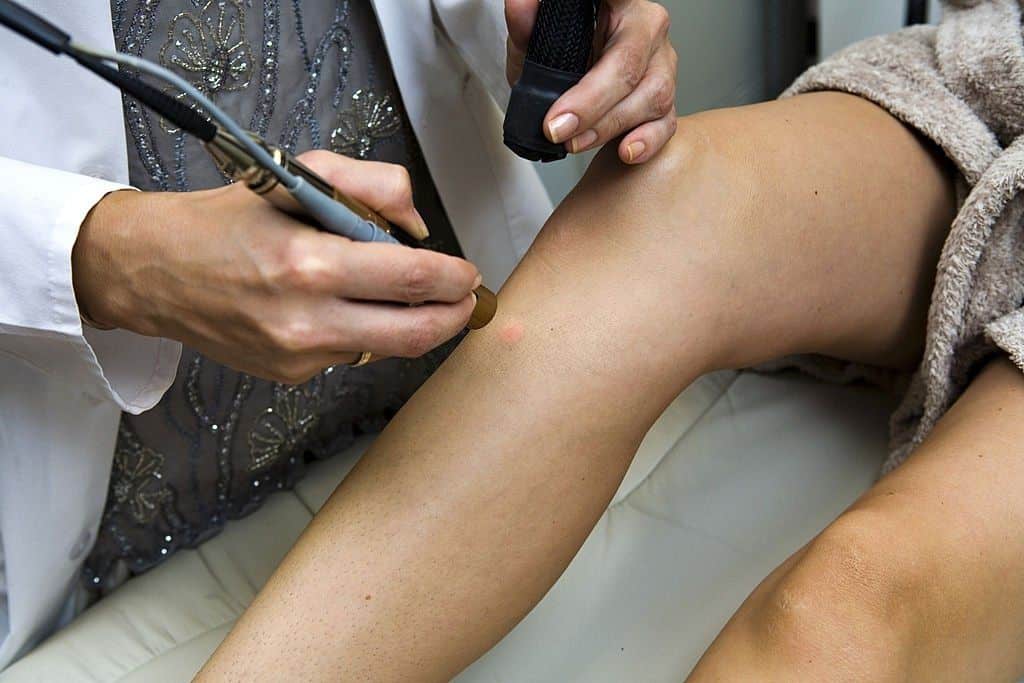When talking about the microbiome (i.e. the invisible ecosystem of bacteria residing on our skin), probiotic skincare is often one of the first associations that comes to mind, due to its ability to help maintain the skin’s balance of “good” and “bad” microbes. But, there’s another subset of microorganism-powered beauty: fermented skincare. If you’re a fan of kombucha, and/or know your way around a winery or two, you’re probably familiar with the term. (If not, keep reading; we’ll get to it.)
Below, we’re diving headfirst into all things fermented skincare, including the myriad ways it can benefit your skin, why “fermented skincare” is not a catchall term, and how fermented skincare differs from probiotic skincare. Pour yourself a glass of your favorite fermented bevvie and read on.
What is Fermentation?
Simply put, fermentation is a chemical reaction that occurs when microorganisms, like bacteria or yeast, mix with a carbohydrate, such as starch or sugar. (Bacteria and yeast contain enzymes, which act as catalysts for fermentation.) Ultimately, fermentation yields a new substance – usually alcohol or acid. In skincare speak, the term “fermented ingredients” refers to one of the many beneficial byproducts.
What is a fermented skincare ingredient and/or fermented skincare?
According to Ron Robinson, cosmetic chemist and founder of BeautyStat®, many of these byproducts may be more nutrient-dense than their non-fermented counterparts. “[Fermented skincare ingredients] may offer higher concentrations of vitamins, minerals, peptides, and other beneficial compounds,” he says. This is one reason fermented ingredients are added to skincare.
Another reason you’ll find fermented ingredients in skincare has to do with molecule size. Scientifically speaking, fermentation breaks down “a more complex organic compound into a simpler organic compound,” Robinson explains. This simpler compound has a smaller molecule size, which allows it to penetrate the skin more effectively — and thus, deliver those nutrients more efficiently to the skin.
Familiar, non-skincare examples of fermentation at work include the transformation of grapes into wine, turning cabbage into sauerkraut or kimchi, and making yogurt from milk. In all of these cases, the end product is more nutrient-dense than the original, whether that means increased antioxidants (in the case of fermenting grapes into wine) or probiotics (in the kimchi and yogurt examples).
Such is the case with skincare ingredients, too — and, as you may have guessed, a “fermented” skincare ingredient can mean different things, depending on the exact mix of bacteria and/or yeast with sugar and/or starch. Some fermented skincare ingredients can exfoliate, some can hydrate, and some can even act as natural preservatives. Here are a few of the most common fermented skincare ingredients:

Where to find it: Pai® Copaiba Deep Cleanse AHA Mask taps into gentle yet effective alpha hydroxy acids (including lactic acid) to brighten, rejuvenate, and clarify the skin.
Fermented skincare ingredient #1: Lactic acid
One of the most common digestive probiotics, Lactobacillus, happens to be the precursor to a well-known skincare ingredient: lactic acid. “In the presence of starches or sugars, [Lactobacillus] bacteria promote fermentation,” explains Angela Bowers, MD, a board-certified dermatologist, Southlake, Texas. “[The fermentation process] results in lactic acid, which acts as a gentle exfoliant.” In addition, lactic acid has been found to enhance hydration and help brighten the skin while providing anti-microbial benefits — and, because it is milder than other exfoliating ingredients like glycolic acid, it is usually suitable for sensitive skin.
Fermented skincare ingredient #2: Hyaluronic acid
Once upon a time, hyaluronic acid was extracted from rooster combs, but you can imagine the repercussions associated with using this source today. Luckily, hyaluronic acid can be created via fermentation, which offers a sustainable, scalable production solution. Several strains of bacteria can be fermented to yield the ingredient (this is an ongoing area of research as scientists strive to optimize ingredient purity and process efficiency). According to Dr. Bowers, the myriad ways to produce hyaluronic acid result in end-products with “varying particle size and cohesiveness.” That’s why you’ll find skincare products that contain multiple forms of hyaluronic acid on the market, like SkinMedica® HA⁵® Rejuvenating Hydrator.
Even more, the production of hyaluronic acid via fermentation extends beyond topical skincare use and is also used to create hyaluronic acid injectable fillers.

Where to find it: BeautyStat Universal Pro-Bio Moisture Boost Cream combines hyaluronic acid with probiotics, plus a host of nutrients derived from fermented mushrooms.
Fermented skincare ingredient #3: Fermented yeast extract
Fermented yeast extract (Saccharomyces ferment, or fermented yeast extract) is a watery liquid that results from fermenting and filtering yeast. This liquid happens to be rich in minerals, amino acids, and vitamins – all qualities that make it an excellent skincare ingredient. Better yet, its molecule size is notably tiny, meaning it can be readily absorbed by the skin. From there, Fermented yeast extract may improve visible signs of aging by promoting collagen production.

Where to find it: Biossance® Squalane + Phyto-Retinol Serum combines yeast extract with the naturally-derived bakuchiol for retinol-like benefits, such as fine line reduction, evened-out discoloration, and improved elasticity.
Fermented skincare ingredient #4: Ceramides
“Ceramides are key components of our skin barrier,” Dr. Bowers notes. This makes them particularly important for treating conditions like eczema, which is linked to a compromised skin barrier.
It’s essential to replenish these lipids regularly to maintain skin hydration and protection from external aggressors, but with a limited biological supply, science turns to fermentation once again to keep up with demand. A variety of yeasts can be used to usher the process along, and the resulting ceramides can be converted into molecules similar to those found in the skin.

Where to find them: Alpyn Beauty® PlantGenius® Melt Moisturizer is formulated to maximize skin hydration, protect against the elements, provide gentle exfoliation, and help supply the skin with extra ceramides.
Fermented skin care ingredient #5: Leuconostoc ferment filtrate
Created by the fermentation of radish roots, this byproduct is used as a natural antimicrobial skincare preservative. “Fermentation is an ancient ritual that was used to preserve food, so this concept applies to fermented ingredients used in skincare as well,” explains Robinson. Favored by clean skincare brands that avoid using chemical preservatives, Leuconostoc ferment filtrate acts as a natural antimicrobial preservative.
Where to find it: About as clean as skincare comes, the new Tata HarperTM Rejuvenating Serum 2.0 uses natural neuropeptides (a type of protein that “tricks” the body into producing more collagen) to help slow the early signs of aging. Leuconostoc ferment filtrate is used as a preservative in lieu of chemicals.


























